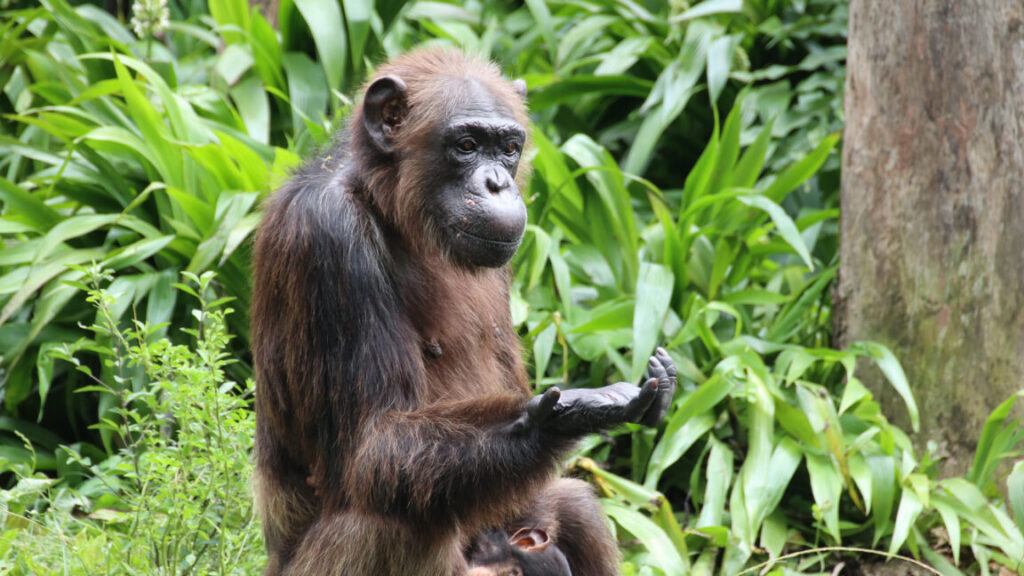In the first step, the chimps got the auditory evidence, the same rattling sound coming from the first container. Then, they received indirect visual evidence: a trail of peanuts leading to the second container. At this point, the chimpanzees picked the first container, presumably because they viewed the auditory evidence as stronger. But then the team would remove a rock from the first container. The piece of rock suggested that it was not food that was making the rattling sound. “At this point, a rational agent should conclude, ‘The evidence I followed is now defeated and I should go for the other option,’” Engelmann told Ars. “And that’s exactly what the chimpanzees did.”
The team had 20 chimpanzees participating in all five experiments, and they followed the evidence significantly above chance level—in about 80 percent of the cases. “At the individual level, about 18 out of 20 chimpanzees followed this expected pattern,” Engelmann claims.
He views this study as one of the first steps to learn how rationality evolved and when the first sparks of rational thought appeared in nature. “We’re doing a lot of research to answer exactly this question,” Engelmann says.
The team thinks rationality is not an on/off switch; instead, different animals have different levels of rationality. “The first two experiments demonstrate a rudimentary form of rationality,” Engelmann says. “But experiments four and five are quite difficult and show a more advanced form of reflective rationality I expect only chimps and maybe bonobos to have.”
In his view, though, humans are still at least one level above the chimps. “Many people say reflective rationality is the final stage, but I think you can go even further. What humans have is something I would call social rationality,” Engelmann claims. “We can discuss and comment on each other’s thinking and in that process make each other even more rational.”
Sometimes, at least in humans, social interactions can also increase our irrationality instead. But chimps don’t seem to have this problem. Engelmann’s team is currently running a study focused on whether the choices chimps make are influenced by the choices of their fellow chimps. “The chimps only followed the other chimp’s decision when the other chimp had better evidence,” Engelmann says. “In this sense, chimps seem to be more rational than humans.”
Science, 2025. DOI: 10.1126/science.aeb7565

